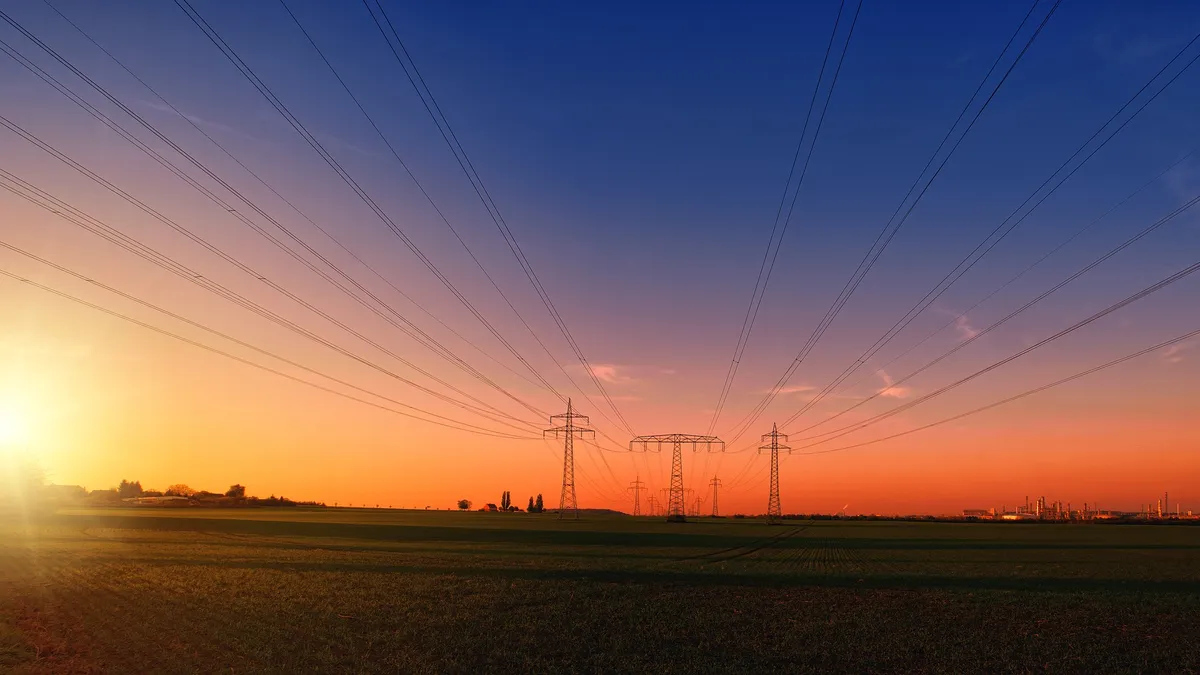Dive Brief:
- The California Independent System Operator (CAISO) announced last week that it has launched its expanded Reliability Coordinator services to 41 entities across 14 western states and northern Mexico.
- Known as RC West, CAISO's expanded coordinator service now oversees reliability for 87% of the load in the western United States.
- RC West is hitting its stride as the current reliability coordinator, Peak RC, winds down its own operations. In December, Southwest Power Pool also plans to begin offering RC services.
Dive Insight:
Peak RC's 2018 decision to close shop at the end of this year created a frenzy of realignment and a hefty workload for the North American Electric Reliability Corporation (NERC), which is tasked with certifying the replacement coordinators that sprung up.
NERC President and CEO Jim Robb has called the RC transition in the Western Interconnection "probably the single largest risk of reliability in front of us."
Reliability Coordinators have ultimate responsibility for the operation of power grids, monitoring interconnected power grids networks for compliance with federal and regional standards. CAISO says it has received RC certification from the Western Electricity Coordinating Council and NERC.
Ultimately, five RCs stepped in to provider services to entities working with Peak RC. CAISO's expansion, now serving dozens of entities in two countries, signifies the transition is now occurring in earnest. California's grid operator began providing reliability coordinator services for 16 electricity balancing authorities and transmission operators in July.
"The successful activation of our larger RC West footprint caps nearly two years of careful planning, technology integration and collaboration on the part of ISO staff and the entities taking our RC services," CAISO President and CEO Steve Berberich said in a statement.
Berberich also noted the "collaborative efforts of Peak RC to help make the transition easier."
A public stakeholder initiative developed RC West's rate design, terms and conditions, which were approved by the Federal Energy Regulatory Commission in November 2018. There is also an RC West Oversight Committee, which holds regular public meetings.















